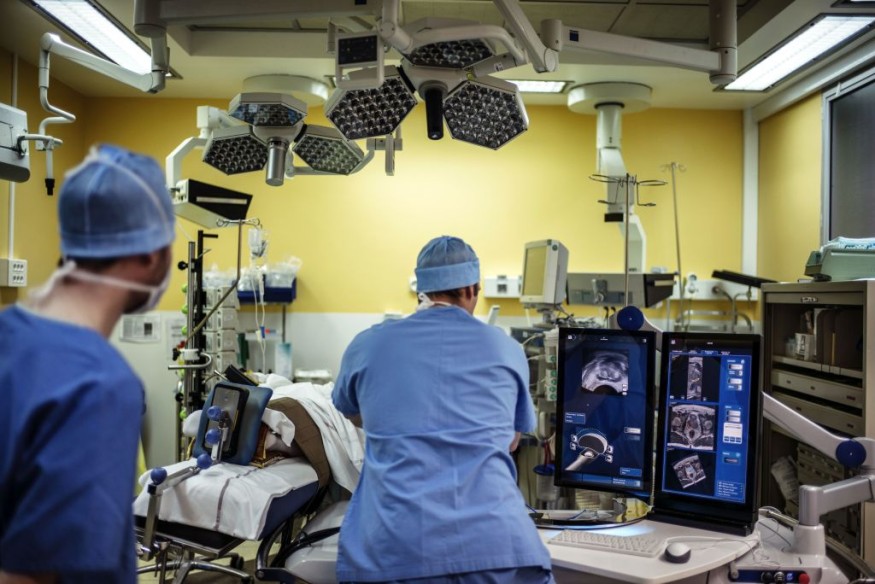In a recent study, researchers discovered a novel way of guiding bacteria to destroy tumors in the body. If trials render promise, the technique may be used in other hard-to-treat diseases.
Ultrasound-Guided Bacteria

Best known for allowing experts to observe the body's insides, ultrasound has been used for generations in checking on growing fetuses, detecting heart problems, or observing other visceral organs. However, it can also fight cancer tumors by sending high-frequency sound waves that fry the abnormal cells. Focused ultrasound is mainly used against localized cancers such as prostate. This form of treatment is about to get a boost from a highly unlikely ally: bacteria.
In a recent study published in the journal Nature Communications, titled "Ultrasound-controllable engineered bacteria for cancer immunotherapy," researchers from Calte4ch genetically modified E.coli bacterial to fend off cancer after being activated via ultrasound heat - laying any harm to surrounding healthy cells in the body. These bacteria prevent tumors in mice samples and manage to cut down the size of the tumor outright. The study's findings may help future clinicians develop targeted search-and-destroy methods for combating cancers and their tumors, and might also be adapted into helping combat other infections localized to specific areas of the body.
Developing Ultrasound-Activated Bacteria
Using bacteria to battle cancer sounds out of the left-field; scientists have known about the strang attraction between bacteria and cancer since the 19th century. Mikhail Shapiro, a biochemical engineer from Caltech who led the recent study, told The Daily Beast for more than a hundred years. American surgeons noticed that if you have some bacteria present in tumors, you can get beneficial anti-tumor effects. He adds that recently, people have seen that injecting specif bacteria into the bloodstream will get cleared almost everywhere by the body's immune system, except where a tumor is located, since cancer works by weakening the body's immune system to avoid detection.
Over the years, various scientists have sought to exploit the unique relationship by having bacteria deliver payloads of chemotherapy directly to cancer cells. However, they ran the risk of harming healthy cells in the body that might cross the bacteria's path./ Shapiro and his team thought they could get around the obstacle by finding a novel way of remote controlling bacteria to take out cancer cells on command. The team realized that it is possible to genetically modify E.coli bacteria to respond to temperature spikes caused by focused ultrasound.
When E. coli are warmed between 107-109 degrees Celsius, pairs of genes are activated that facilitate the production of anti-tumor nanobodies.
The team injected engineered E.coli into immunocompromised mice samples with tumors similar to non-Hodgkin's lymphoma to test out their hypothesis. Then, the team applied focused ultrasound on bacteria-infected tumors and saw that the cancer stopped growing and significantly shrunk in only two weeks. This verified that it wasn't just the bacteria or the ultrasound but the use of both components to prevent the growth of tumors.
Check out more news and information on Medicine & Health in Science Times.
© 2026 ScienceTimes.com All rights reserved. Do not reproduce without permission. The window to the world of Science Times.










